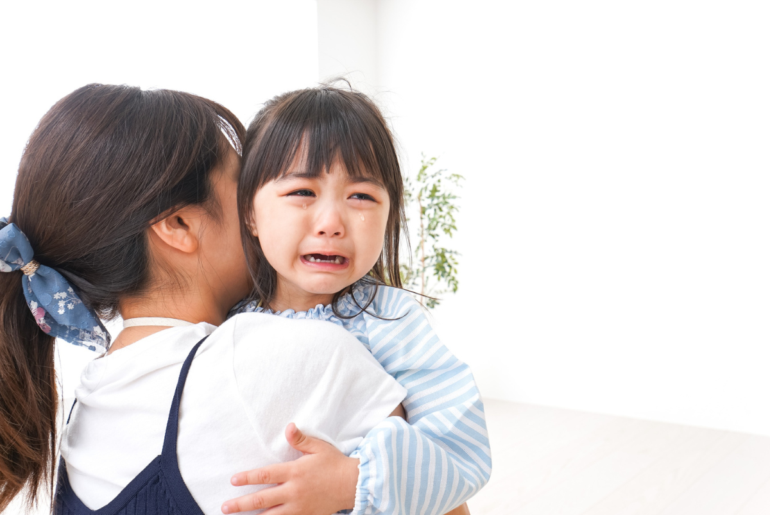If your child is frequently in a bad mood after school, or quick to have a meltdown in the hours after returning home, they may be experiencing a phenomenon known as restraint collapse. This behavior pattern is very common, and can impact people of all ages (even adults).
Restraint collapse occurs when your child spends their day keeping it together at school or daycare—with all the rules, learning, and social demands in a less familiar environment—and then releases all of their pent up energy and emotions when they return to the comfort of their home and family.
Once you know what after-school restraint collapse is and why it’s happening, you can begin to plan for it. Here are some tips for handling this stressful, challenging time of day as a parent—
- Anticipate a meltdown. Prepare yourself mentally before school pick-up. If you can bring a sense of calm to your after-school interactions with your child, it can help them better regulate their own emotions.
- Give them time to settle. Avoid piling on instructions or questions right away when they walk in the door.
- Encourage them to let it out. Give your kid space to vent, cry, stomp, or mope without prying about the reasons behind their feelings. This will help them release their emotions after a long day without the pressure to explain themselves.
- Provide healthy outlets. Have a crunchy snack, sensory toys, or favorite songs at the ready to help them refocus their energy and lift their mood.
- Let out your own feelings. Text a fellow parent or close friend for some support and words of encouragement.
- Normalize big feelings after a long day. Assure your child that they’re managing a lot during the school day, and it’s normal to need to let off steam afterwards. Remind them that their home is a safe space to be themselves.
Of course, if their after-school meltdowns result in behaviors that are harmful to others, it’s important to set firm boundaries. Remind them that all feelings are welcome, but all behaviors are not—including hitting, pushing, or using hurtful words.
With a little preparation and some coaching (both for your child and yourself), after-school restraint collapse can be managed effectively. Building healthy outlets to blow off steam into your family’s after-school routine can help ease this tricky transition in your child’s day.







